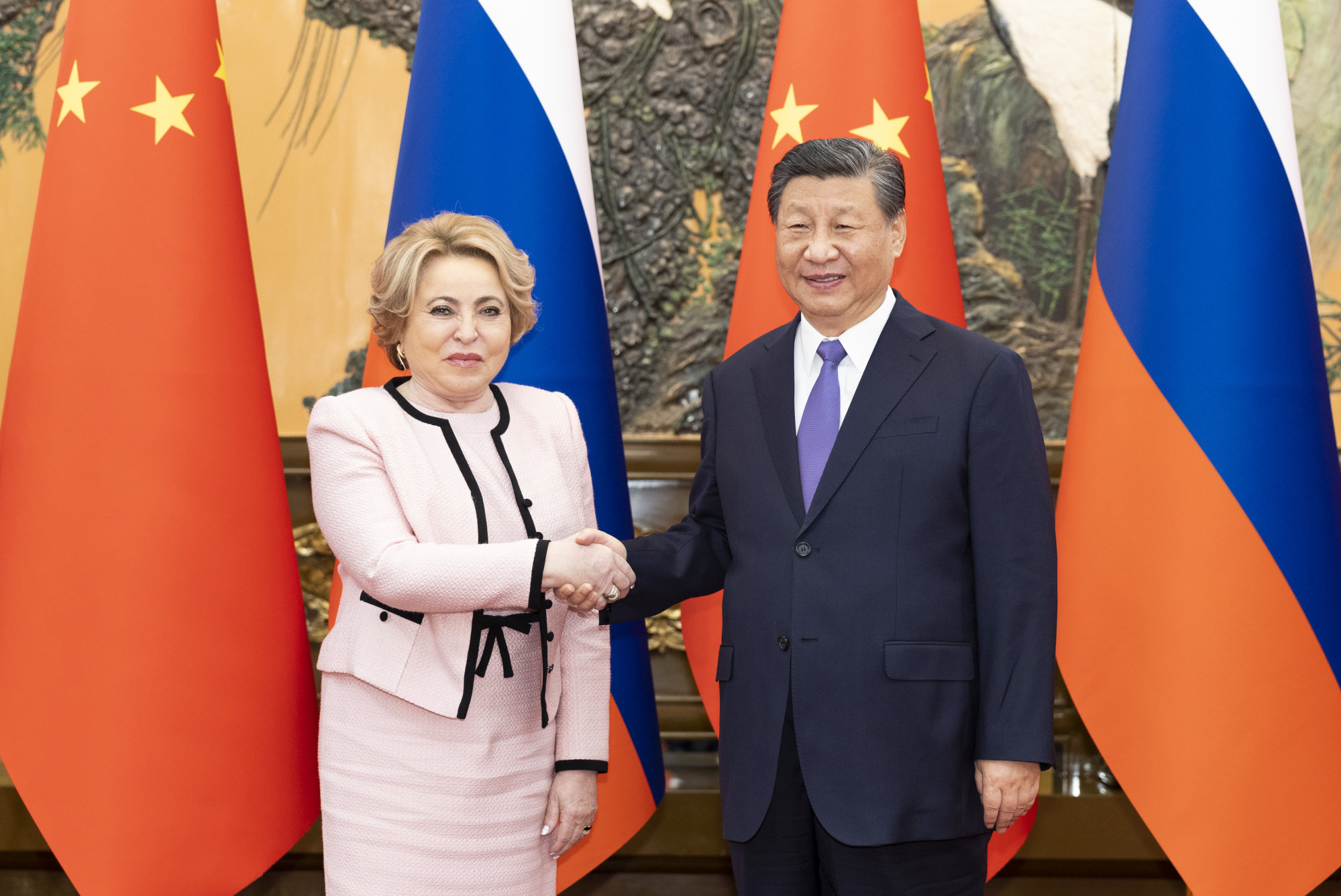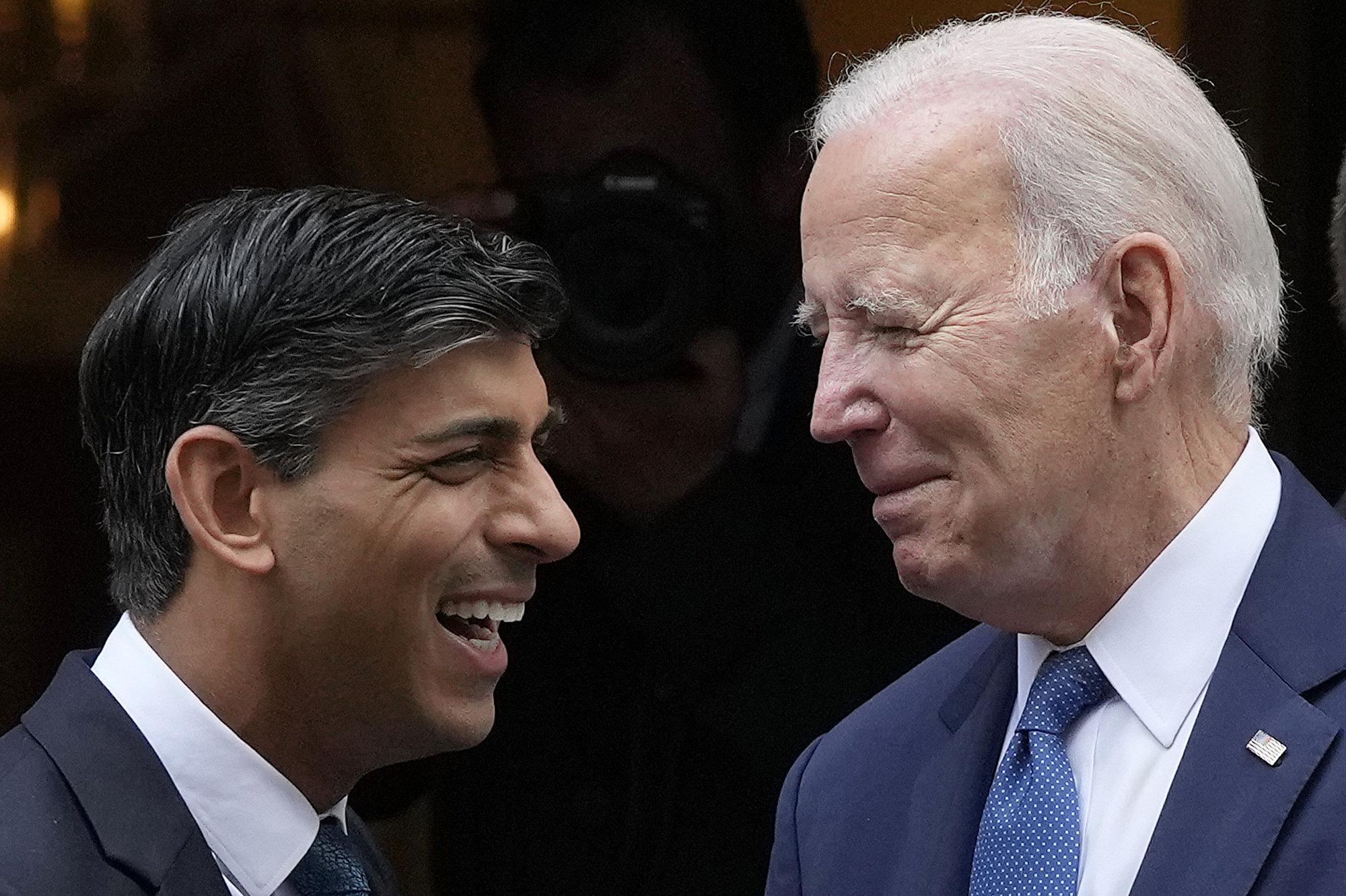
China targets Britain’s commercial, academic institutions as government fails to recognise threat: MP report
- Beijing’s aspirations to become economic and technological superpower pose ‘greatest risk’ to UK, according to long-awaited parliamentary report
- Successive British governments faulted for focusing on ‘short-term or acute threats’ and failing to recognise China’s ‘whole-of-state’ approach
The long-awaited report by Parliament’s Intelligence and Security Committee found that Chinese institutions had successfully penetrated every sector of the British economy, in part because of a willingness by UK governments to accept Chinese investment “with few questions asked” until recently.
The committee said Beijing had stepped over the line in exerting influence in other British institutions, such as academia, to push its international narrative.

“The nature of China’s engagement, influence and interference activity in the UK is difficult to detect, but even more concerning is the fact that the government may not previously have been looking for it,” the report found.
“The UK is now playing catch-up – and the whole of the government has its work cut out to understand and counter China’s ‘whole-of-state’ threat.”
The Chinese embassy in London did not immediately respond to a request for comment on Thursday.
UK to remove Chinese-made surveillance equipment from sensitive sites
“There is no evidence that Whitehall policy departments have the necessary resources, expertise or knowledge of the threat to investigate and counter the Chinese whole-of-state approach,” the committee said.
“The nature of China’s engagement, influence and interference activity in the UK is difficult to detect, but even more concerning is the fact that the government may not previously have been looking for it.”
Government policy had been dominated by a focus on “short-term or acute threats”, the committee said.

“It has consistently failed to think long term – unlike China – and China has historically been able to take advantage of this,” the report found.
“The government must adopt a longer-term planning cycle with regards to the future security of the UK if it is to face Chinese ambitions, which are not reset every political cycle.”
The report also took British universities to task for their willingness to accept Chinese money for research, without fully understanding how that research could be used for military applications.
“While some have expressed concern, others seem to be turning a blind eye, happy simply to take the money,” the committee said.
British lawmakers want harder line against ‘threat’ posed by China
As part of its report, the committee called for greater transparency in the source of foreign donations to UK institutions of higher learning.
A refresh of the UK’s defence and diplomatic strategy earlier this year described China as an “epoch-defining challenge”, but did not go as far as labelling China a strategic threat as some MPs had hoped.

